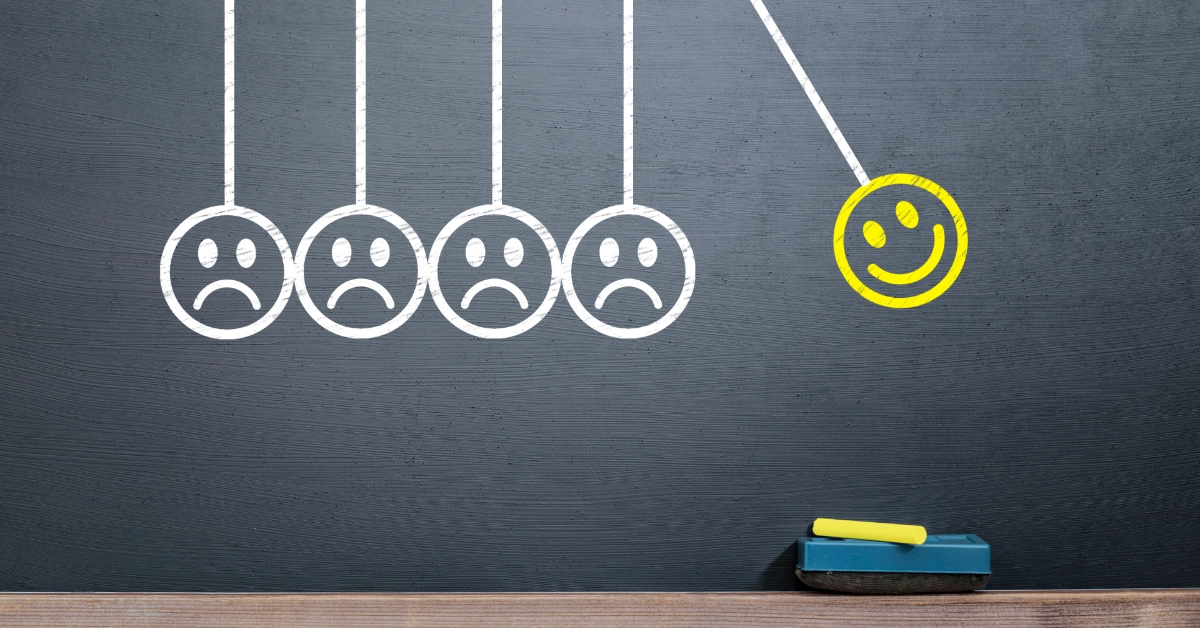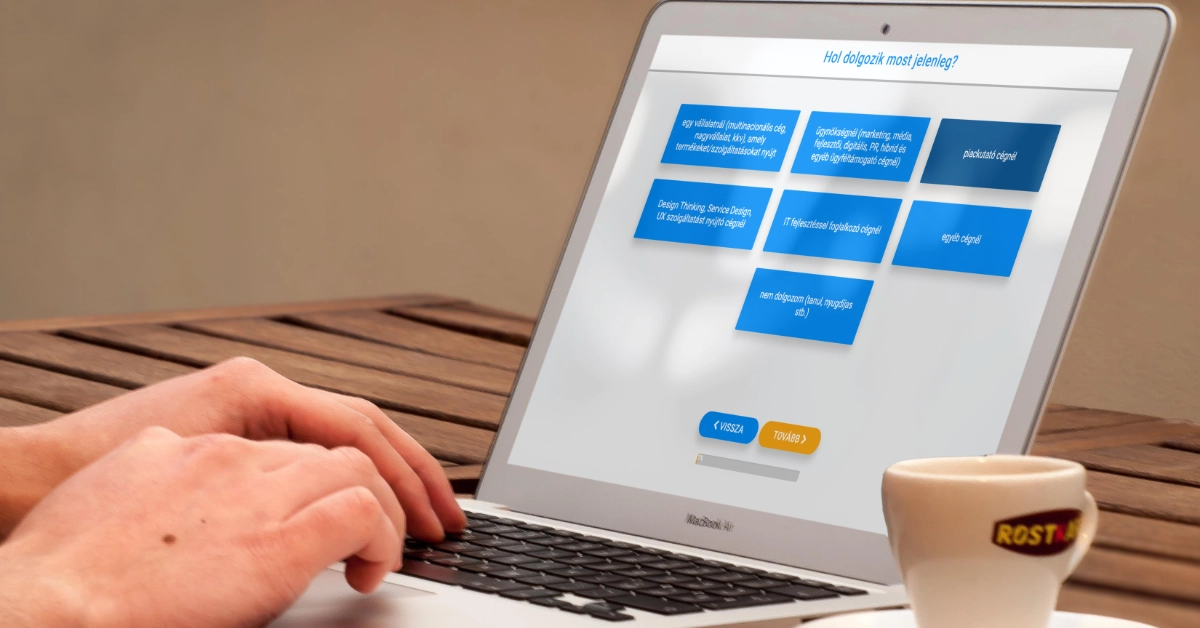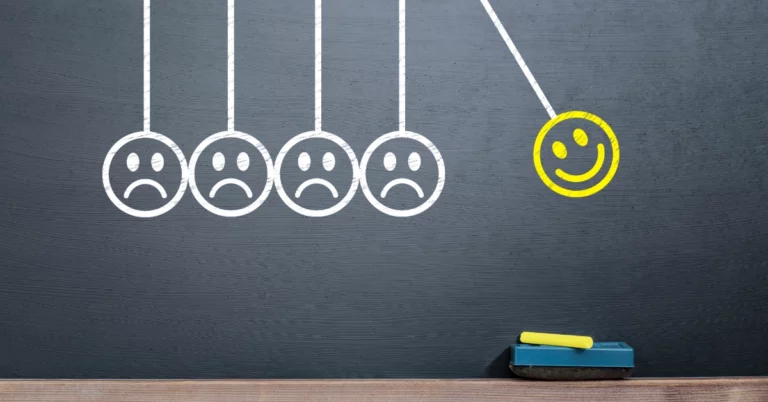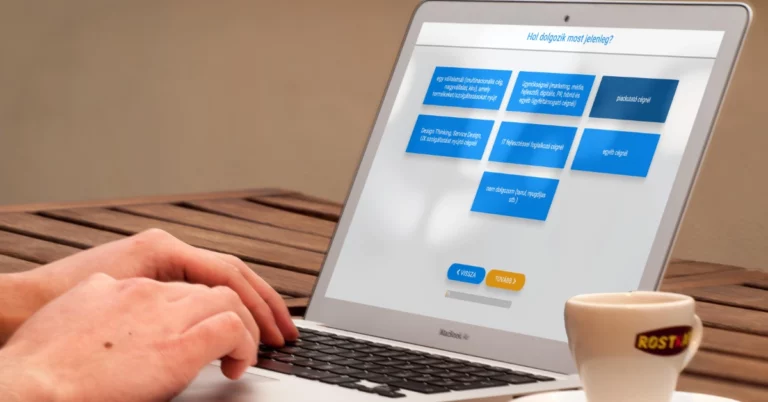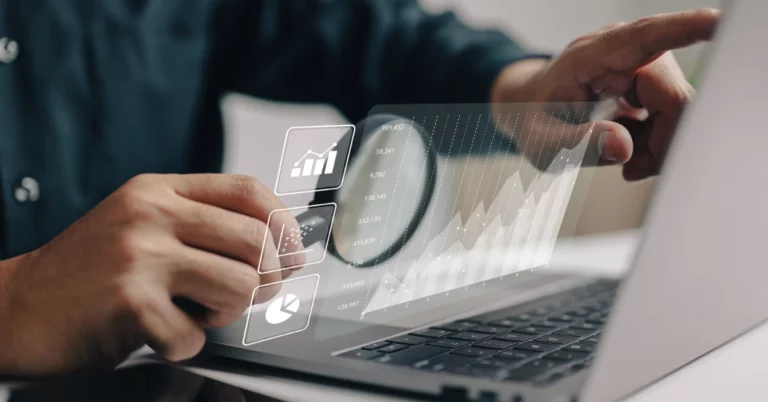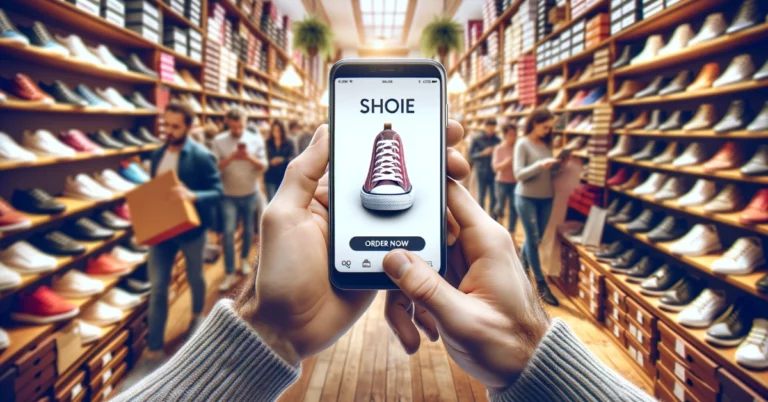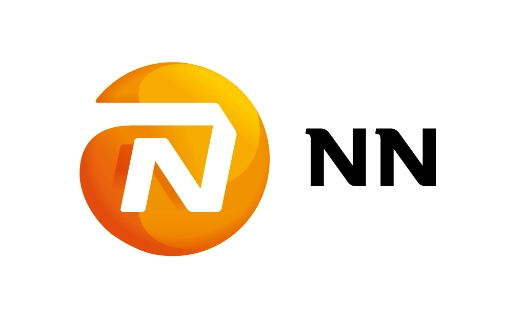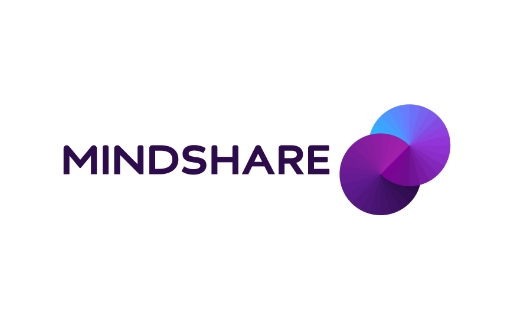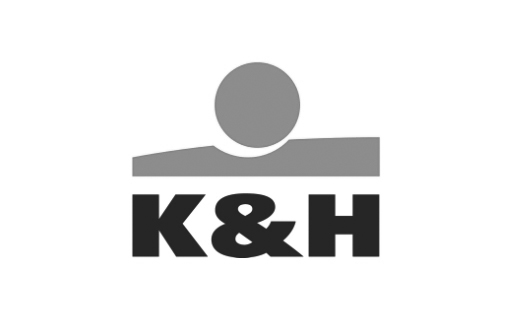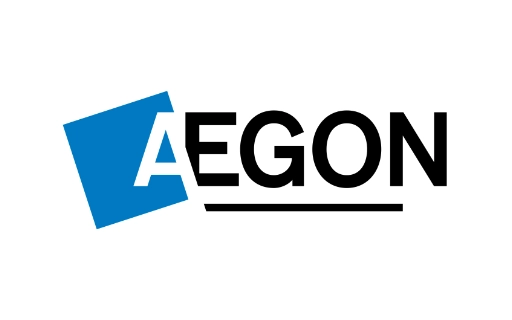"Darling, at least don't play with it on the way," the seven-year-old boy in the street downtown says, and, overcome by the magic, absentmindedly slips his tablet under his arm. Dinner at a restaurant, the family together: well-dressed parents, long-lost grandparents - the tablet propped up in front of the two-year-old next to the food ensures a relaxed family chat. But just to avoid any suspicion of critical tone, I'll admit it myself: my kindergarten children can operate the remote control on their own, "email" Santa, sometimes they can just agree on who can play on the smartphone, who gets the tablet, who has to make do with the desktop...
Today, young children playing with mobile devices stand out, but are less and less conspicuous. Smart devices are becoming more and more commonplace, and parents are no exception. Today's parents of pre-school children have far more than average smartphones, tablets and laptops, and they are not spared their children.
Is it smart to let go?
It would be hard to avoid today that a young child is free from the info-communication devices used by parents - but for most, this is not the goal. The relative majority of parents are neither for nor against the use of electronic entertainment devices, with a "it depends on what and how much" attitude. While almost one in two parents of pre-school children consider it important that their children get to grips with modern technology as soon as possible, only a quarter of them see gadgets as a clear enabler, and barely a third think that they are a clear educational asset. The psychological exhortations of our time, the advice to moderate the use of electronic devices in order to develop the inner imagination, the importance of oral storytelling, free play and movement, have not left parents' attitudes untouched, at least in principle: two thirds of parents believe that computer/phone games take away valuable hours from their children.
What is free for Jupiter...
Despite the ambivalence at the level of values, the vast majority of parents (72%) who have a preschooler and keep a portable ICT device in their household also occasionally let their child use the family gadget. 3-7 year olds are taking advantage of this opportunity: one in two parents report using a laptop, tablet or smartphone at least weekly, and one in five parents sit their preschooler in front of a small or large screen every day.
Parenting patterns are also primary in this respect: those who use it overwhelmingly allow their children to use it; those who do not use it overwhelmingly keep kindergarten away from it, even if it is available in their home. Only a fifth of regular users do not share with their children, and this is primarily due to fear of children rather than fear of devices: they believe that they should "play and not push gadgets" because a preschooler's "job is to learn about the world in a natural environment, not in front of a computer or television, which they can still do later".
Game and story (film) in ten minutes...
The gadgety toddler doesn't go to the playground less, doesn't go on fewer outings with his parents, doesn't even watch a story much more often. However, it is already noticeable and thought-provoking that children with gadgets are read a story less often and turn over a storybook less often than children without gadgets.
The different characteristics of the gadgets lead to differentiated device use even among preschoolers: video - typically classic, animated stories - is mainly watched on a laptop, while tablets and smartphones are mainly used for playing games, especially puzzles, colouring, arcade, story-telling or educational games. Parents provide easily accessible, available content: they download an app only occasionally - and only for free - specifically for the child.
On average, children are given laptops and tablets for nearly half an hour, and smartphones for shorter periods of time, a quarter of an hour. The need often arises when the parent is using the gadget, but typical situations requiring a gadget include household or home work, travel and waiting in silence. It is more common for toddlers to be given a computer when they are sick, but none of these are explicitly used as a reward. Laptops/tablets/smartphones are relatively rare for a hysterical child, but as a distraction - when getting dressed or even in the toilet, as an adult example - nearly a third of parents who share a smart device with their offspring give a gadget to their child.
Not a safety game
The vast majority of parents (84%) select the content their child accesses, two thirds limit the length and type of mobile device use, but only one in ten parents have downloaded a safety app to the devices their child uses. While the majority do not consider smart devices as babysitting, they also make gadget use a common activity: watching videos (29%) or playing games (45%) without parental supervision is relatively common among children.
Will it make a difference?
No doubt, despite the hours considered wasted, the vast majority of parents with gadgets socialise their preschool children to use smart devices, which results in tangible differences even for preschoolers, most noticeable in their attitude to the story they read. At the same time, the principles of parenting are relatively reassuring: if parents are smart about the opportunities offered by smart devices, and give them to their children in moderation and with selected content, they can also be used to "smart" the youngest children.
The data comes from the NRC's May 2014 survey of 400 internet users aged 20-55 with pre-school children.
***
Read more articles about internet here.





